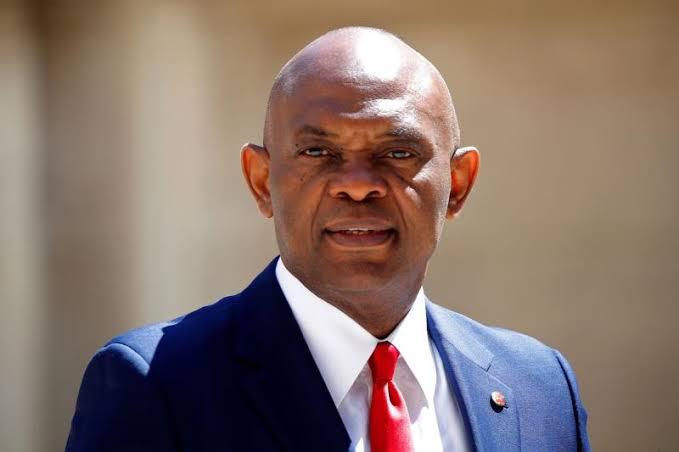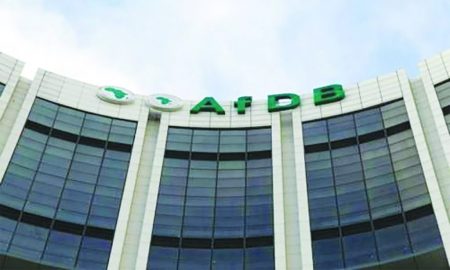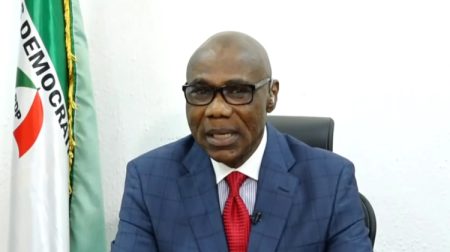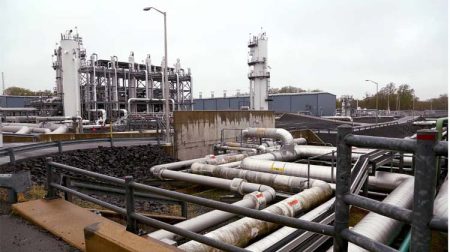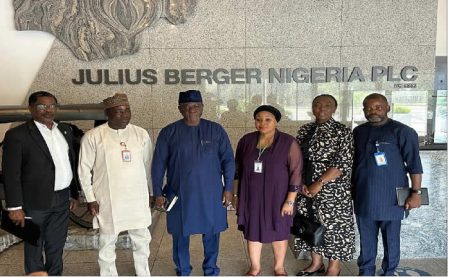Tony Elumelu, a prominent Nigerian business leader and chairman of Heirs Holdings, has forcefully advocated for increased oil production in Nigeria as a crucial catalyst for economic diversification and development. Speaking at the Nigeria Petroleum Industry Leadership Discourse, Elumelu emphasized the vital role of oil revenues in driving industrialization, ensuring energy security, and financing critical infrastructure projects. While acknowledging the global shift towards renewable energy, Elumelu asserted that Africa’s immediate priority must be securing reliable and affordable energy to power its industries, businesses, and households. This, he argued, necessitates significant investment in oil and gas exploration and production. Elumelu’s own company, Heirs Energies, has demonstrated the potential of indigenous participation in the oil sector, increasing production at the acquired OML 17 asset substantially.
Elumelu expressed concern about Nigeria’s current oil production levels, which, despite recent improvements, remain below the country’s OPEC quota. He urged a national target exceeding 2 million barrels per day to generate the necessary revenue for economic diversification and development. He underscored the link between increased oil production and key economic factors such as foreign exchange earnings, naira stabilization, and national security. The additional revenue generated from higher oil output, he argued, could be channeled towards industrialization and infrastructure development, particularly in the power and manufacturing sectors. He cited the example of Transcorp Power, which, despite having the highest power generation capacity in Nigeria, is hampered by gas shortages, highlighting the interconnectedness of oil and gas production with broader economic growth.
Elumelu called for enhanced collaboration between the government, industry players, and investors to achieve the ambitious production targets. He commended the policy reforms and executive orders implemented by the Tinubu administration, which have fostered a more favorable investment climate and bolster confidence in the oil sector. He cited Heirs Energies’ success at OML 17 as a testament to the potential of indigenous operators given the right environment. Furthermore, Elumelu outlined Heirs Energies’ future plans, including a focus on expanding crude oil production and eventual integration of downstream operations such as refining. He emphasized that securing crude oil, the essential raw material, facilitates entry into downstream sectors like refining, fertilizer production, and petrochemicals.
Senator Heineken Lokpobiri, Minister of State for Petroleum Resources (Oil), echoed Elumelu’s optimism, expressing confidence that Nigeria could meet its 2025 oil production target of 2.06 million barrels per day. He attributed recent production increases to policy reforms, enhanced security in the Niger Delta, and the return of investment to the sector. Lokpobiri lauded the efforts of security forces in curbing pipeline vandalism and oil theft, which had previously hampered production. He further emphasized the positive impact of President Tinubu’s leadership in streamlining bureaucratic processes and expediting contract approvals, fostering a more efficient operating environment for oil and gas companies.
Gbenga Komolafe, Chief Executive of the Nigerian Upstream Petroleum Regulatory Commission (NUPRC), highlighted the success of Project 1 Million Barrels Additional Production, an initiative designed to boost Nigeria’s oil output. He pointed to the tangible results of the project, which has already contributed to increased daily production. Komolafe outlined plans for further production enhancement through the reactivation of dormant wells and optimization of existing operations. He expressed confidence in Nigeria’s capacity to achieve the ambitious 2.5 million barrels per day target. This aligned with Osa Igiehon, CEO of Heirs Energies, who emphasized the growing role of indigenous companies in Nigeria’s oil sector, currently managing over 50% of national crude output. Igiehon stressed the responsibility of these companies in driving future production growth and delivering tangible benefits to Nigerians.
In conclusion, the discourse on Nigeria’s oil production growth emphasized the crucial role of oil revenues in driving economic development and diversification. Key stakeholders, including industry leaders, government officials, and regulatory bodies, underscored the importance of increased production, improved security, and a conducive investment climate to achieve ambitious production targets. The discussions highlighted the significant progress made under the current administration, the potential of indigenous operators, and the collective responsibility of all stakeholders to ensure the sustainable growth of Nigeria’s oil sector for the benefit of the nation. The consensus was clear: increased oil production is not simply about maximizing resource extraction, but about leveraging Nigeria’s oil wealth to fuel broader economic development, improve national security, and secure a prosperous future for all Nigerians.





